British paper agreed to destroy hard drives; "has copies"
The Guardian destroyed hard drives with the data they received from whistleblower Edward Snowden - but its editor-in-chief says it was "slightly pointless."
Wednesday, 21.08.2013.
12:36

LONDON The Guardian destroyed hard drives with the data they received from whistleblower Edward Snowden - but its editor-in-chief says it was "slightly pointless." This is because the newspaper "has digital copies outside Britain," Alan Rusbridger was quoted as saying on Wednesday. British paper agreed to destroy hard drives; "has copies" The BBC reported that Rusbridger said the Guardian was forced to destroy the computer hard drives storing the information in July, and that his conversations with the government prior to that happening on 20 July had been with "a very senior official claiming to represent the views of the prime minister". The Guardian has been publishing details about secret U.S. and British surveillance programs, and its editor stated that unless they agreed to destroy the "symbolic act" of destroying the physical drives, there was "certain threat" that they would be prohibited by the authorities to further report about the spying programs. "It was a rather bizarre situation in which I explained to them that there were other copies and, as with WikiLeaks, we weren't working in London alone so destroying a copy in London seemed to me a slightly pointless task that didn't take account of the way that digital information works these days," said Rusbridger, and added: "Given that there were other copies and we could work out of America, which has better laws to protect journalists, I saw no reason not to destroy this material ourselves rather than hand it back to the government." Two security experts from British intelligence agency GCHQ oversaw the destruction in a basement of computer files containing information from America's National Security Agency (NSA) leaked by Mr Snowden, the BBC said. "We were quite clear we were not going to hand this material back to the British government so we destroyed it ourselves under advice from a couple of GCHQ intelligence experts, who told us which bits of the hard drive to smash up, in what way," Rusbridger told the BBC. He described as "alarming" the detention of David Miranda, the partner of Guardian journalist Glenn Greenwald, in Heathrow airport under Schedule 7 of the Terrorism Act for nine hours on Sunday. Miranda is threatening legal action against the Home Office and the Metropolitan police unless they agree to return the electronic devices taken from him and not share any material taken from them with others, the Guardian reported on its website. "The problem is the use of this little-noticed schedule to the Terrorism Act, because what it does is to say that Britain's ports and transit lounges in airports are an area of Britain where the normal rules don't apply. I think that's what has shocked the rest of the world," said Rusbridger. "If they were to arrest David Miranda in Heathrow car park they would have to use bits of the law which have checks and balances to protect journalistic material, among other things, but by doing it in a transit lounge they are operating in a kind of stateless way where they can interrogate someone for nine hours, seize whatever they want, under rules that are about terrorism. Once you start conflating terrorism and journalism, as a country I think you're in some trouble." (Beta/AP, file) guardian.co.uk, BBC
British paper agreed to destroy hard drives; "has copies"
The BBC reported that Rusbridger said the Guardian was forced to destroy the computer hard drives storing the information in July, and that his conversations with the government prior to that happening on 20 July had been with "a very senior official claiming to represent the views of the prime minister".The Guardian has been publishing details about secret U.S. and British surveillance programs, and its editor stated that unless they agreed to destroy the "symbolic act" of destroying the physical drives, there was "certain threat" that they would be prohibited by the authorities to further report about the spying programs.
"It was a rather bizarre situation in which I explained to them that there were other copies and, as with WikiLeaks, we weren't working in London alone so destroying a copy in London seemed to me a slightly pointless task that didn't take account of the way that digital information works these days," said Rusbridger, and added:
"Given that there were other copies and we could work out of America, which has better laws to protect journalists, I saw no reason not to destroy this material ourselves rather than hand it back to the government."
Two security experts from British intelligence agency GCHQ oversaw the destruction in a basement of computer files containing information from America's National Security Agency (NSA) leaked by Mr Snowden, the BBC said.
"We were quite clear we were not going to hand this material back to the British government so we destroyed it ourselves under advice from a couple of GCHQ intelligence experts, who told us which bits of the hard drive to smash up, in what way," Rusbridger told the BBC.
He described as "alarming" the detention of David Miranda, the partner of Guardian journalist Glenn Greenwald, in Heathrow airport under Schedule 7 of the Terrorism Act for nine hours on Sunday.
Miranda is threatening legal action against the Home Office and the Metropolitan police unless they agree to return the electronic devices taken from him and not share any material taken from them with others, the Guardian reported on its website.
"The problem is the use of this little-noticed schedule to the Terrorism Act, because what it does is to say that Britain's ports and transit lounges in airports are an area of Britain where the normal rules don't apply. I think that's what has shocked the rest of the world," said Rusbridger.
"If they were to arrest David Miranda in Heathrow car park they would have to use bits of the law which have checks and balances to protect journalistic material, among other things, but by doing it in a transit lounge they are operating in a kind of stateless way where they can interrogate someone for nine hours, seize whatever they want, under rules that are about terrorism. Once you start conflating terrorism and journalism, as a country I think you're in some trouble."











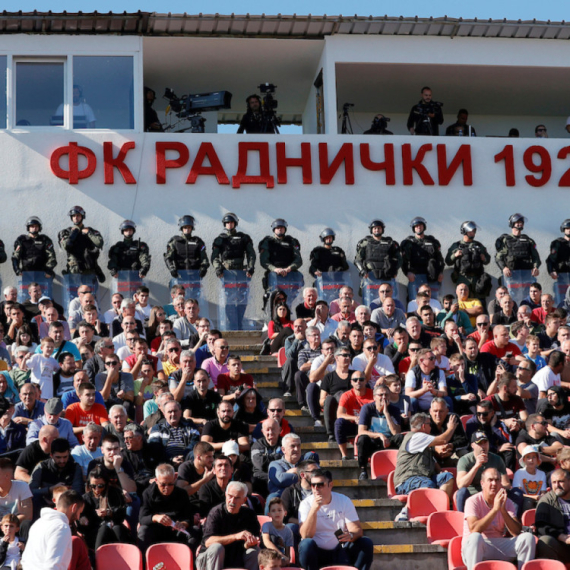

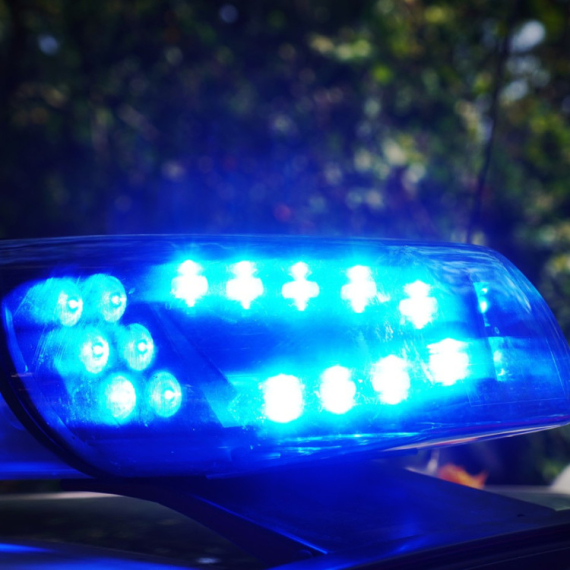
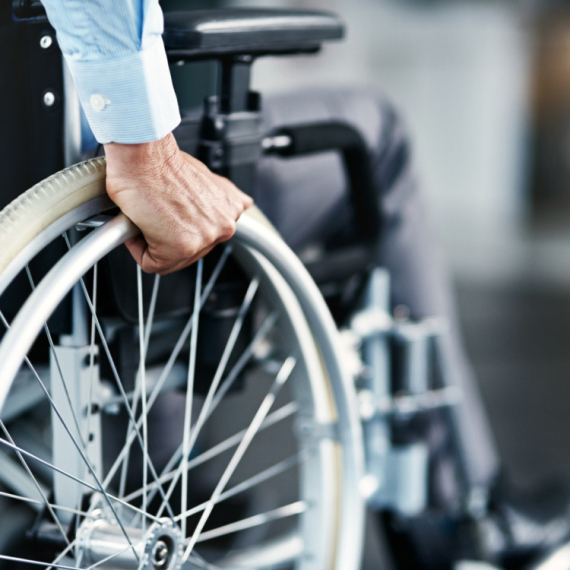

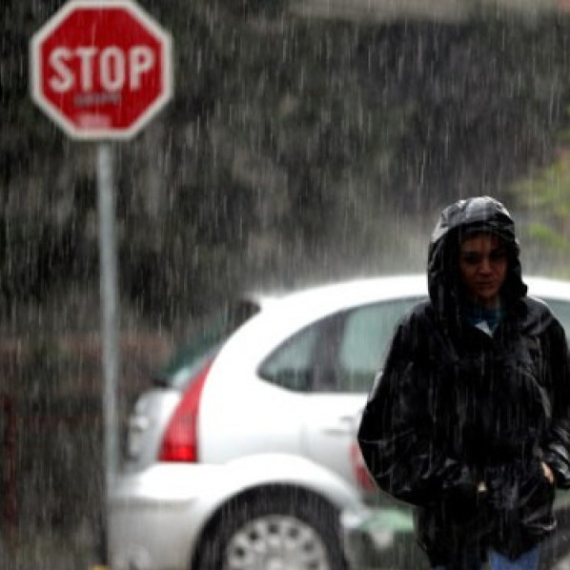
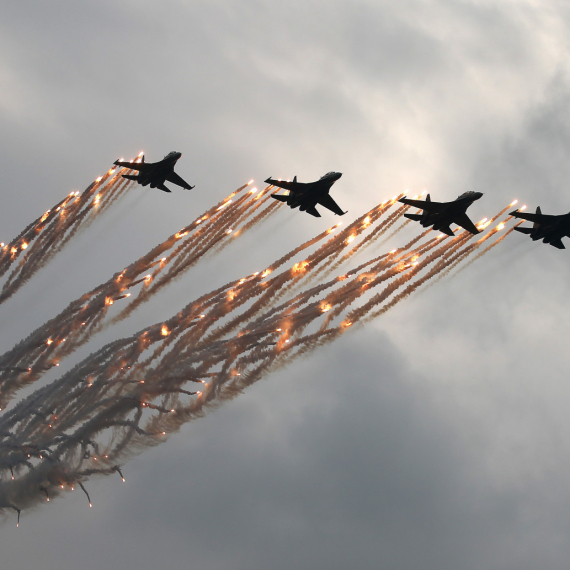
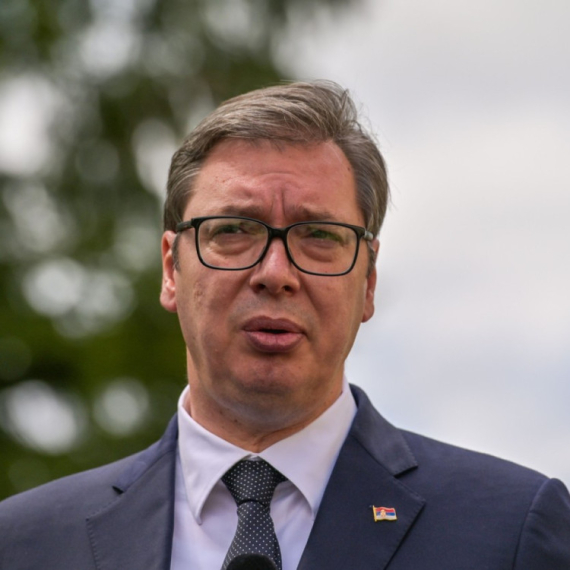


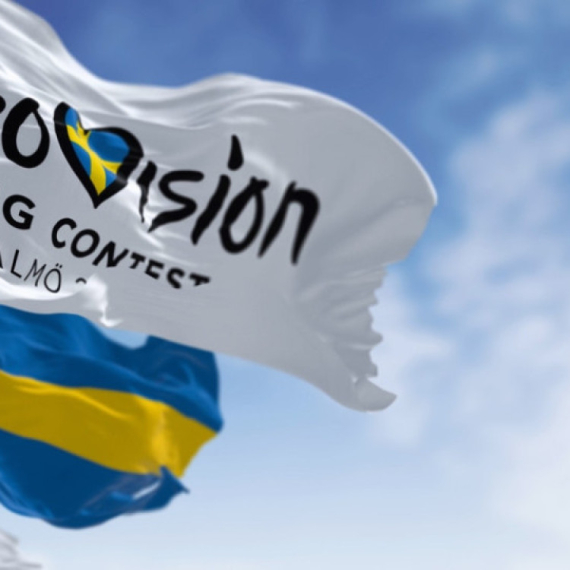






















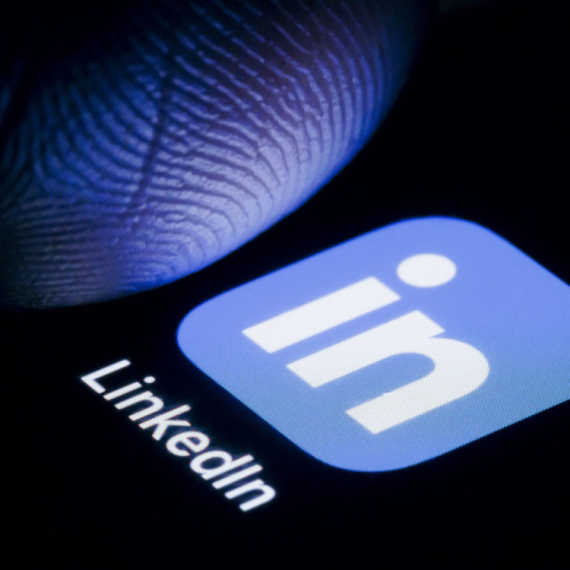

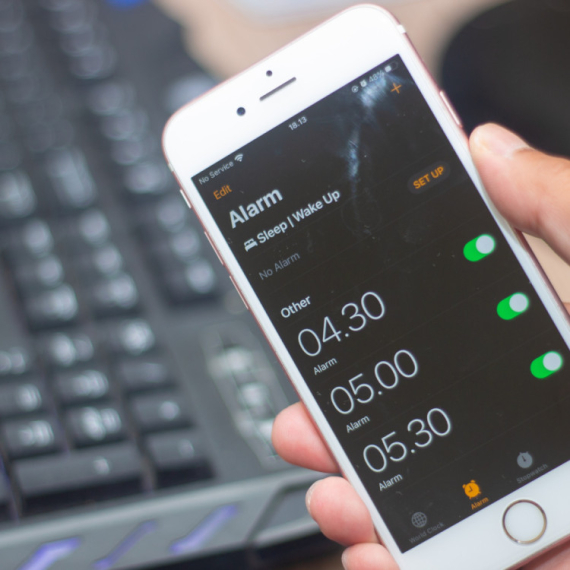


Komentari 4
Pogledaj komentare